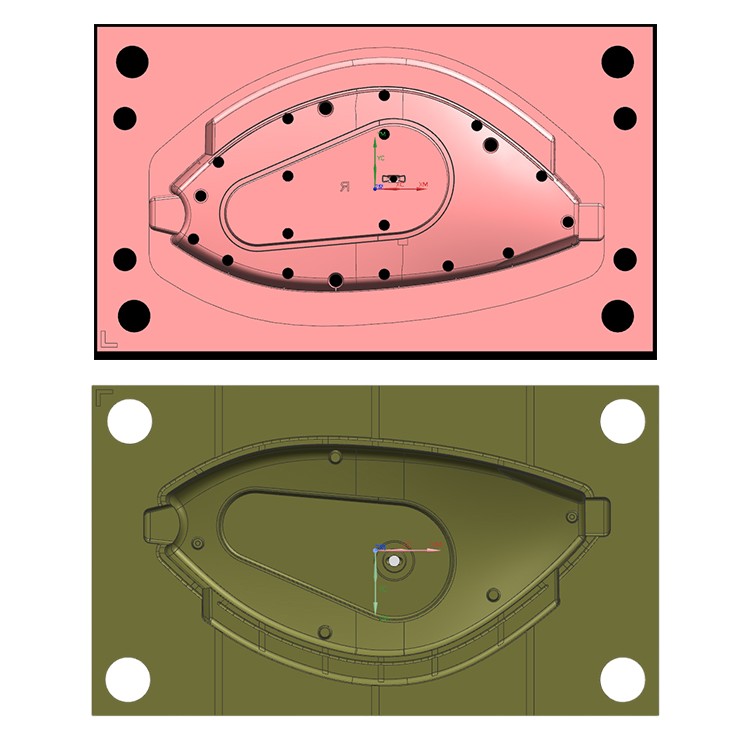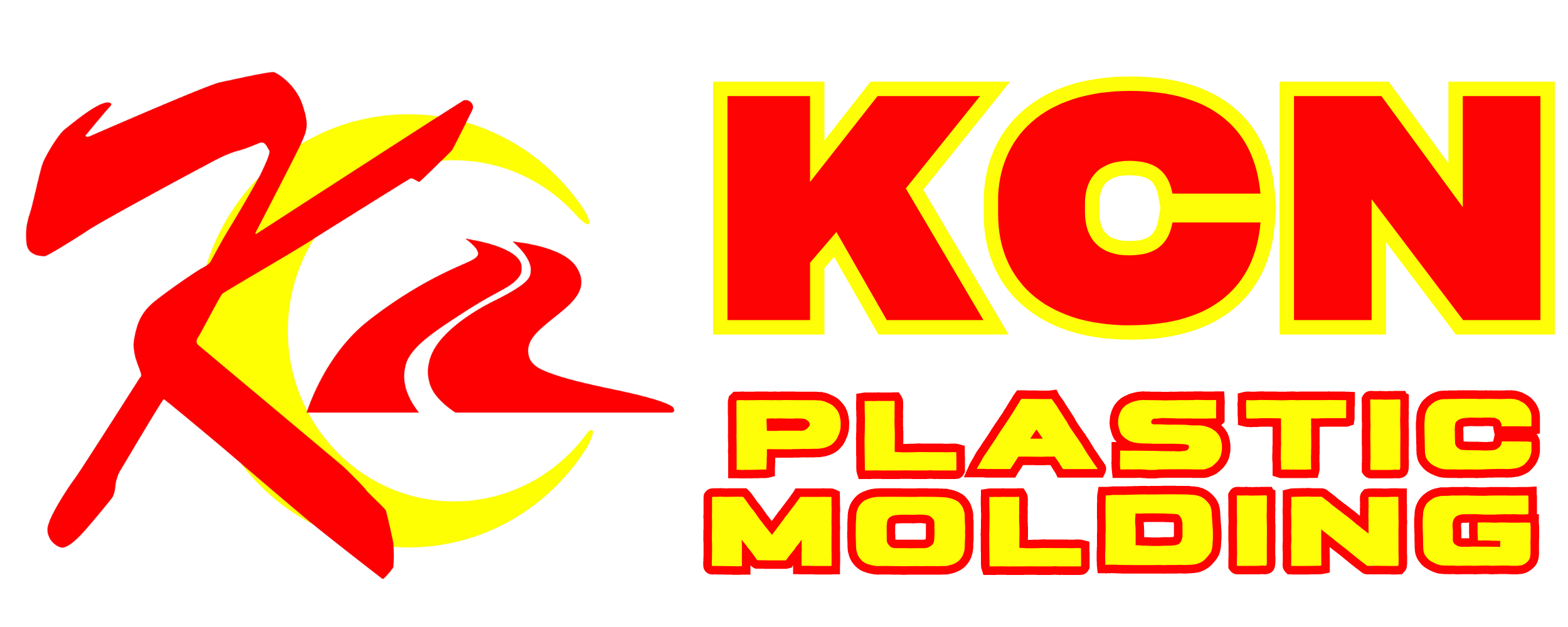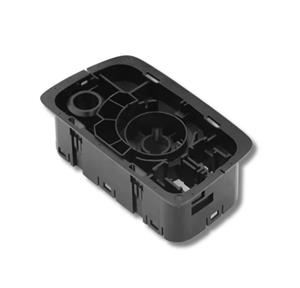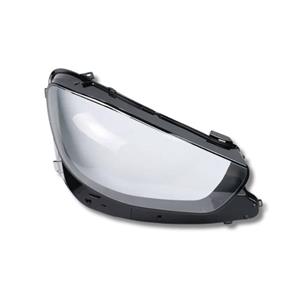What factors should be considered when selecting a plastic resin for injection molding?
When selecting a plastic resin for injection molding, several factors should be considered to ensure the desired properties, performance, and cost-effectiveness of the final product. Here are key factors to consider:
1. Mechanical Properties: Evaluate the required mechanical properties of the finished product, such as strength, flexibility, impact resistance, hardness, and dimensional stability. Different resins have varying strengths and characteristics that can meet specific mechanical requirements.
2. Thermal Properties: Consider the expected operating temperatures of the product. Look for a resin that can withstand the required temperature range without deformation or loss of properties. Evaluate the resin's melting temperature, coefficient of thermal expansion, heat resistance, and heat deflection temperature.
3. Chemical Resistance: Assess the chemical environment the product will be exposed to. Choose a resin that offers appropriate resistance to chemicals, solvents, oils, and other substances it may encounter during its intended use.
4. Electrical Properties: Determine if the product requires specific electrical properties, such as conductivity or insulation. Certain resins are better suited for electrical applications, offering desired dielectric properties or conductive capabilities.
5. Aesthetics: Consider the desired appearance and finish of the product. Some resins can provide a glossy, textured, or matte surface, while others may have inherent transparency or opacity. Evaluate color options and the ability to achieve specific finishes.
6. Processing Requirements: Assess the processing requirements of the resin, including its melt flow rate (MFR) or viscosity. This affects the ease of filling molds, flowability, and overall processing efficiency. Additionally, consider if the resin requires any special handling or equipment.
7. Cost: Evaluate the cost-effectiveness of the resin, including the material cost, processing efficiency, and any additional considerations like recycling or reusability. Balance the desired properties with the overall cost of the resin to achieve an optimal balance.
8. Regulatory Compliance: Determine if the chosen resin complies with any specific industry standards or regulations, such as food contact safety regulations or medical-grade requirements. Ensure the resin meets the necessary certifications for the intended application.
9. Supplier Support: Consider the availability and support from resin suppliers. Evaluate their track record, technical expertise, reliability, and their ability to provide consistent quality and timely delivery.
10. Sustainability: If environmental considerations are important, assess the sustainability of the resin. Look for resins that are recyclable, made from recycled materials, or have a lower environmental impact.

By considering these factors, you can choose a plastic resin that best aligns with the requirements, performance needs, and cost considerations of your injection molding project. It's advisable to consult with resin suppliers or material experts for further guidance and specific recommendations based on your unique application.




